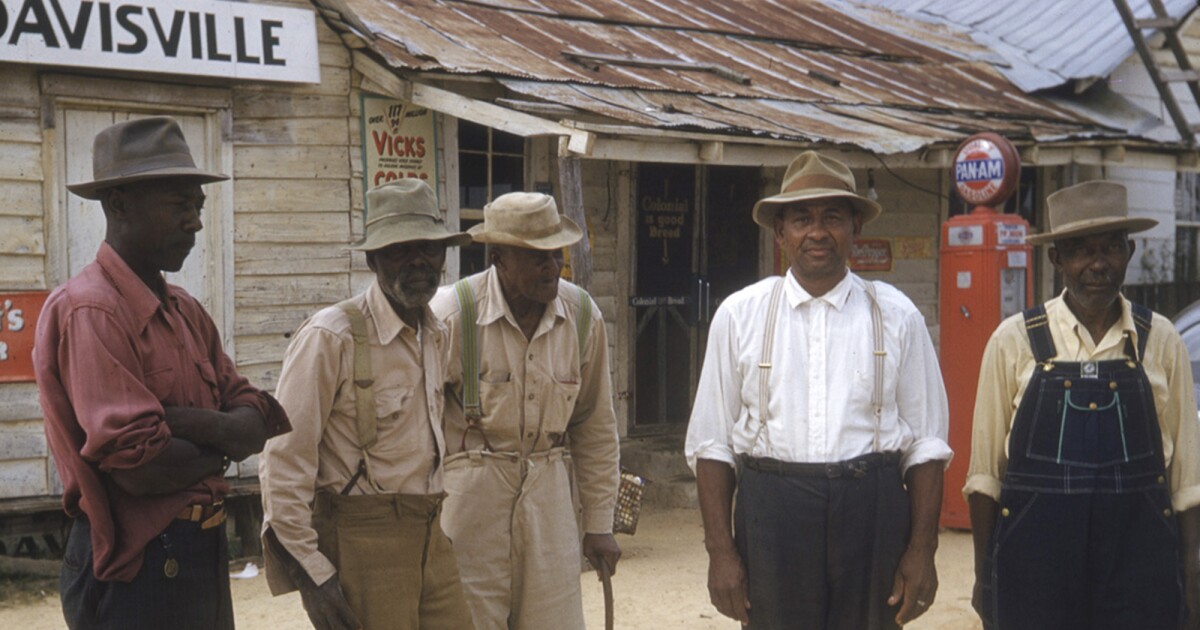Remembering the man who blew the whistle on the Tuskegee Syphilis Experiment

The Associated Press is finishing up 2025 by remembering notable newsmakers who died this year. One may be familiar to longtime listeners to Alabama Public Radio. Pete Buxton died in May at the age of eighty six. He was the federal health care worker who blew the whistle on the Tuskegee Syphilis experiment. Buxton spoke with APR about what happened when doctors tried to treat black men deliberately infected with the disease..
“The doctor who did the right thing had the medical society and the county health authorities jump down his throat. Look what you’ve done,” said Buxton. “You’ve treated one of these guys, you’re not supposed to treat them. If he had had, let’s say, pneumonia, there would have been a procedure to go through some paperwork to get permission to save the guy’s life. For Christ’s sake.”
Buxton’s comments were part of APR investigation that won the fiftieth annual Robert F. Kennedy Journalism Award for Radio. Our coverage of the Tuskegee Syphilis experiment was at a twentieth anniversary observance of President Bill Clinton’s apology for what happened. APR reported how, in 1972 Buxton tipped off a reporter from the Associated Press, and the story soon broke.
“The men started out wanting just for me to sell their lawsuit and get an apology,” said attorney Fred Gray before Tuskegee. His client list included civil rights icon Rosa Parks.
“And, they wanted a permanent memorial here. What was done cannot be undone, but we can end the silence,” he said.
Gray sued. The government settled, and in 1997 President Clinton gave the subjects of the Tuskegee syphilis study the words they wanted to hear.
“What the United States government did was shameful, and I am sorry,” the President said.


